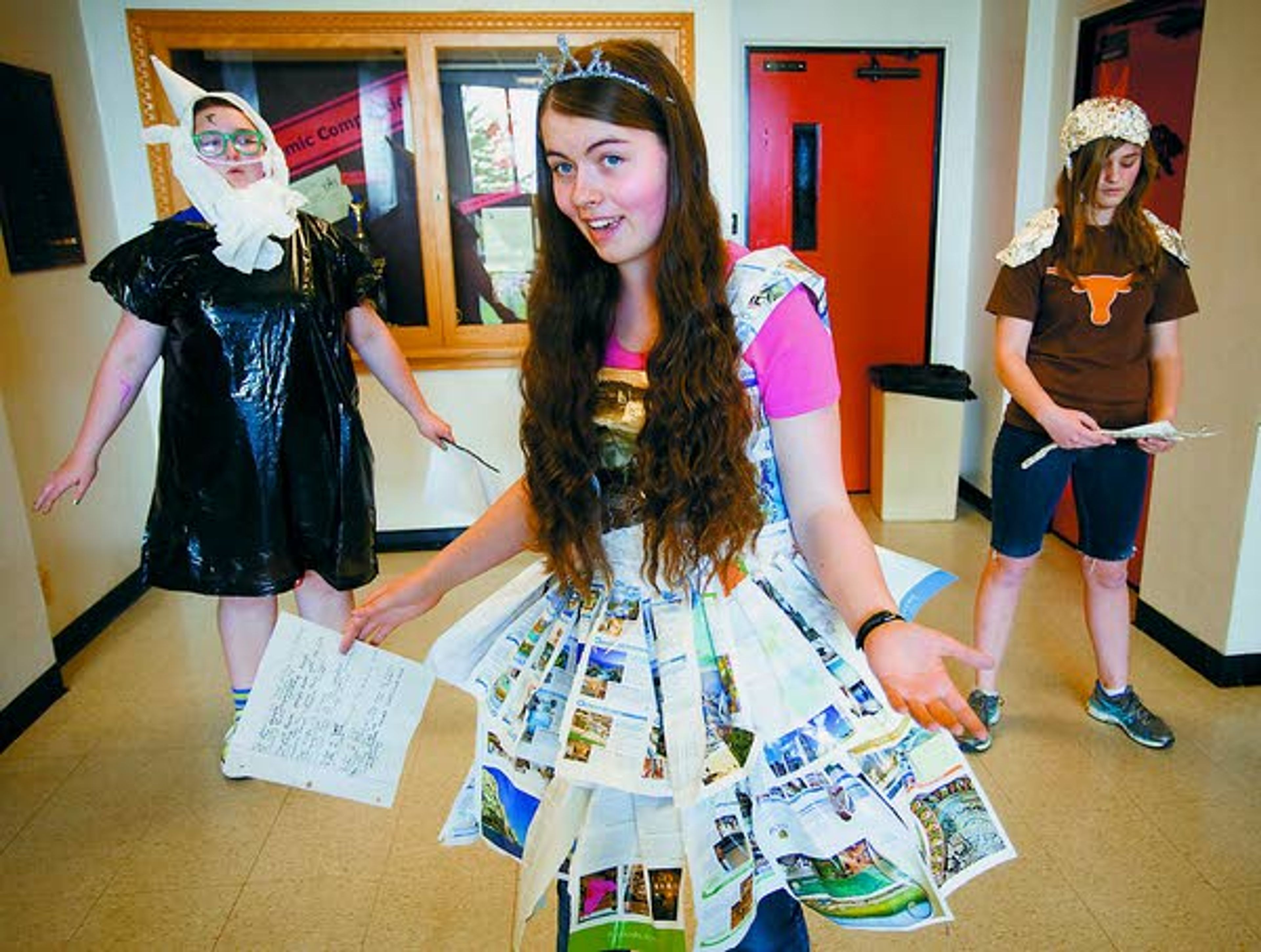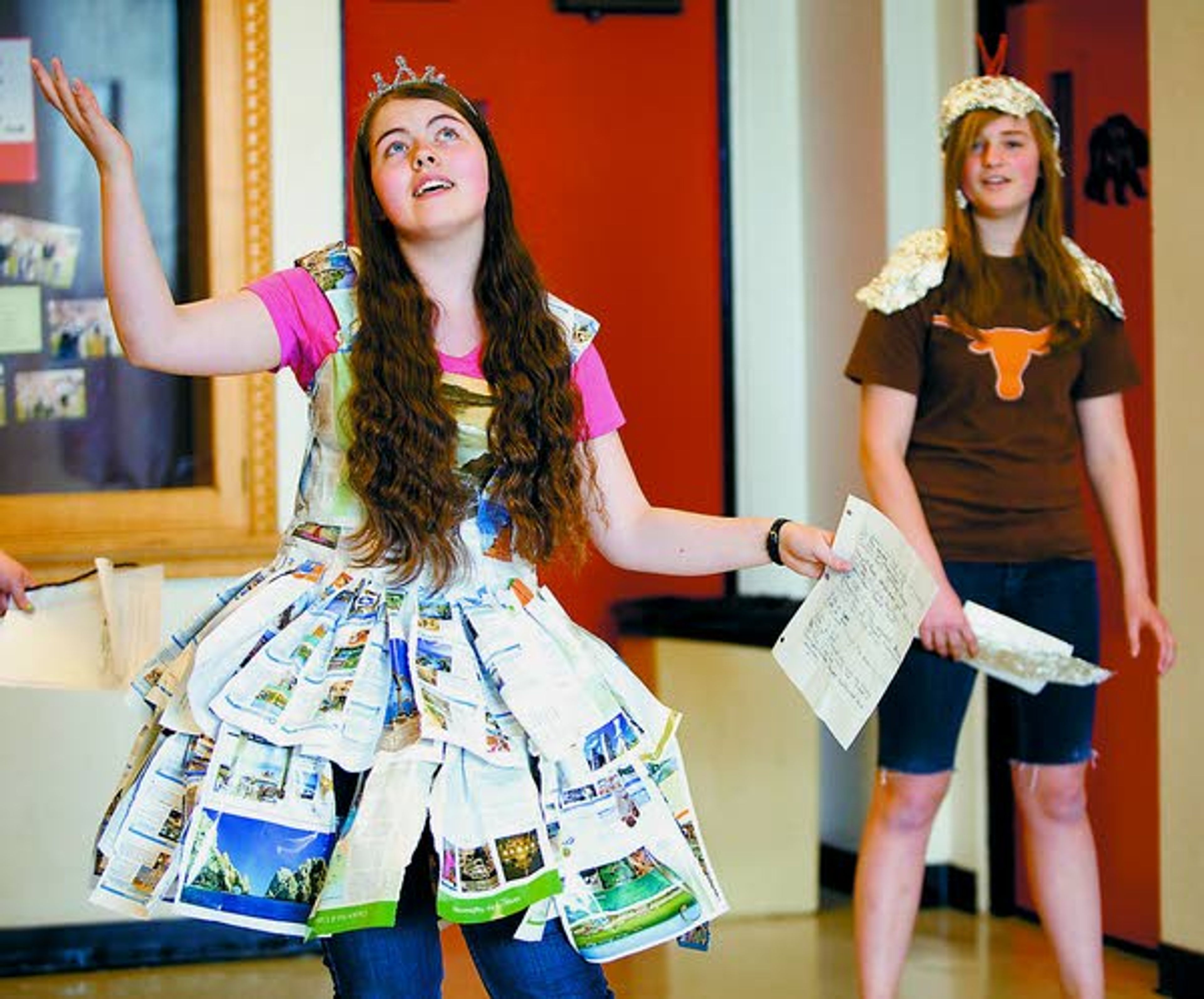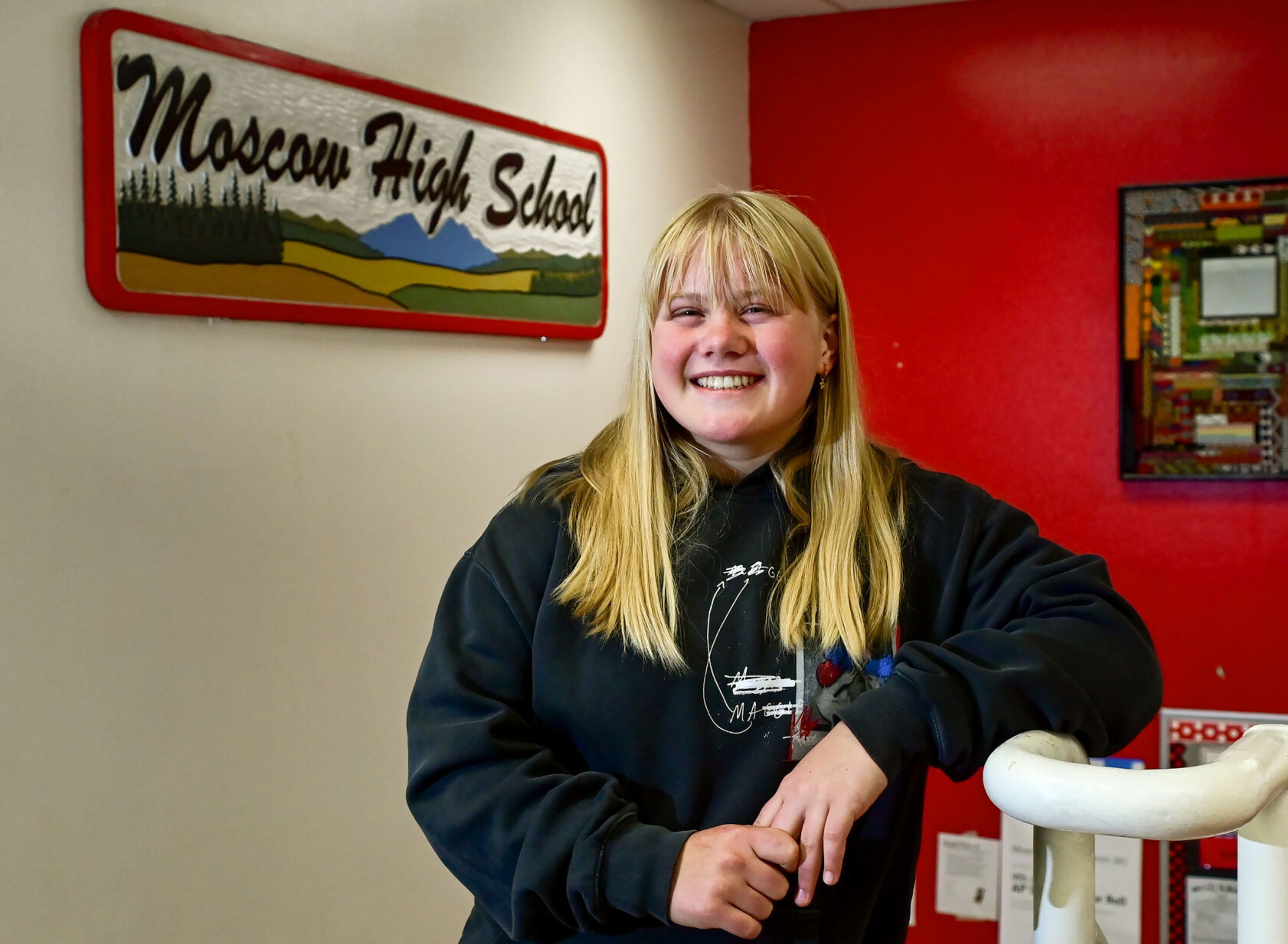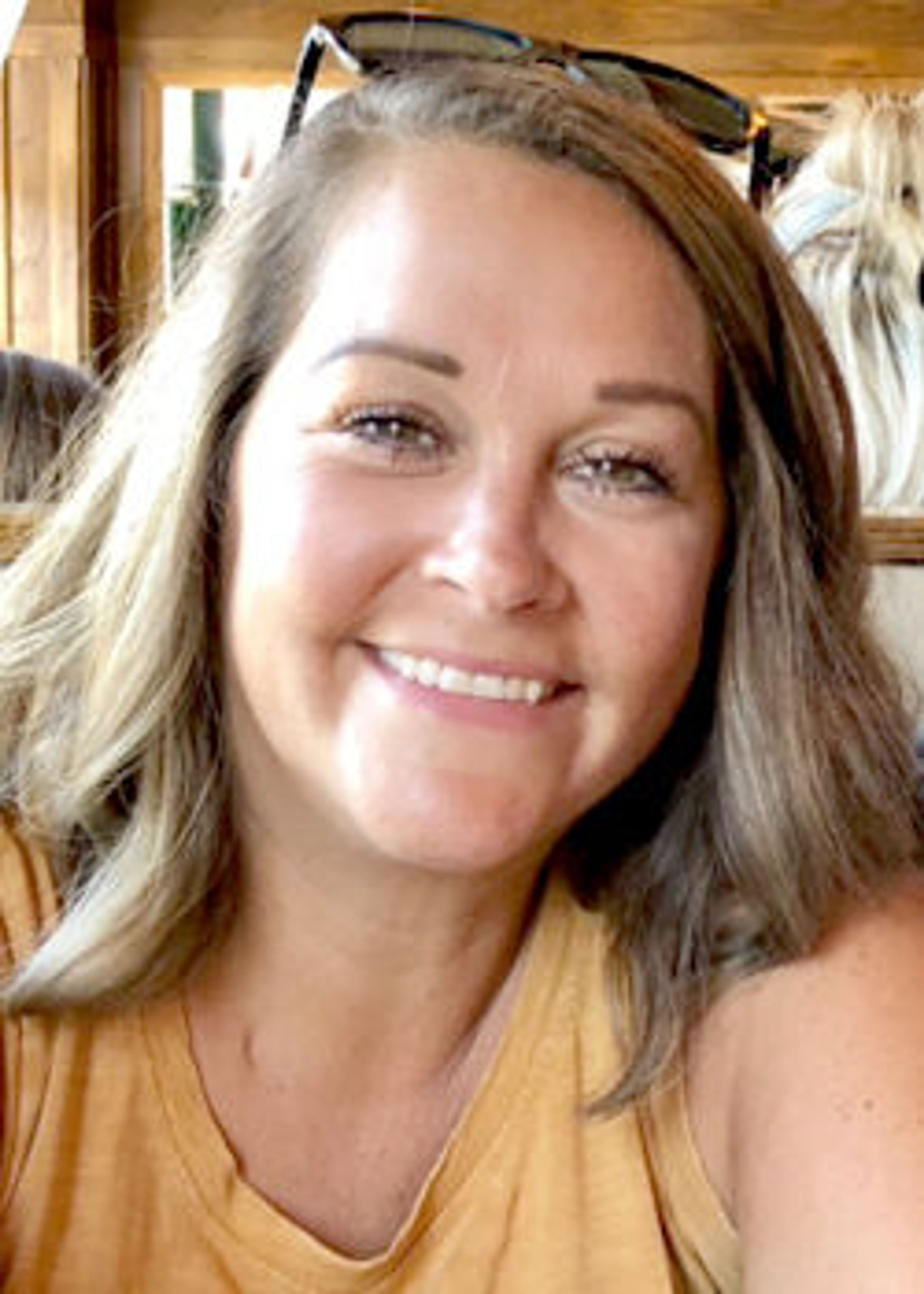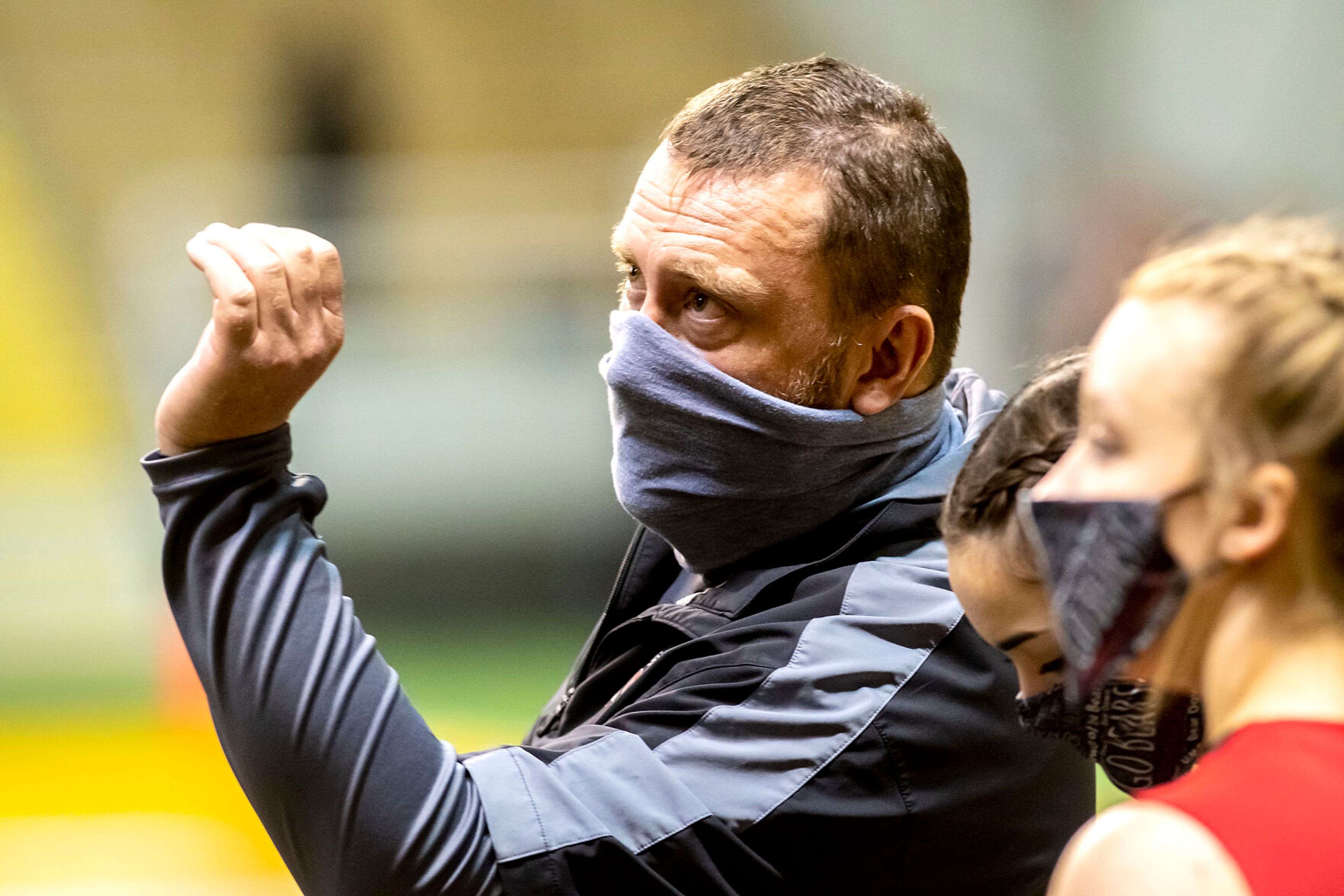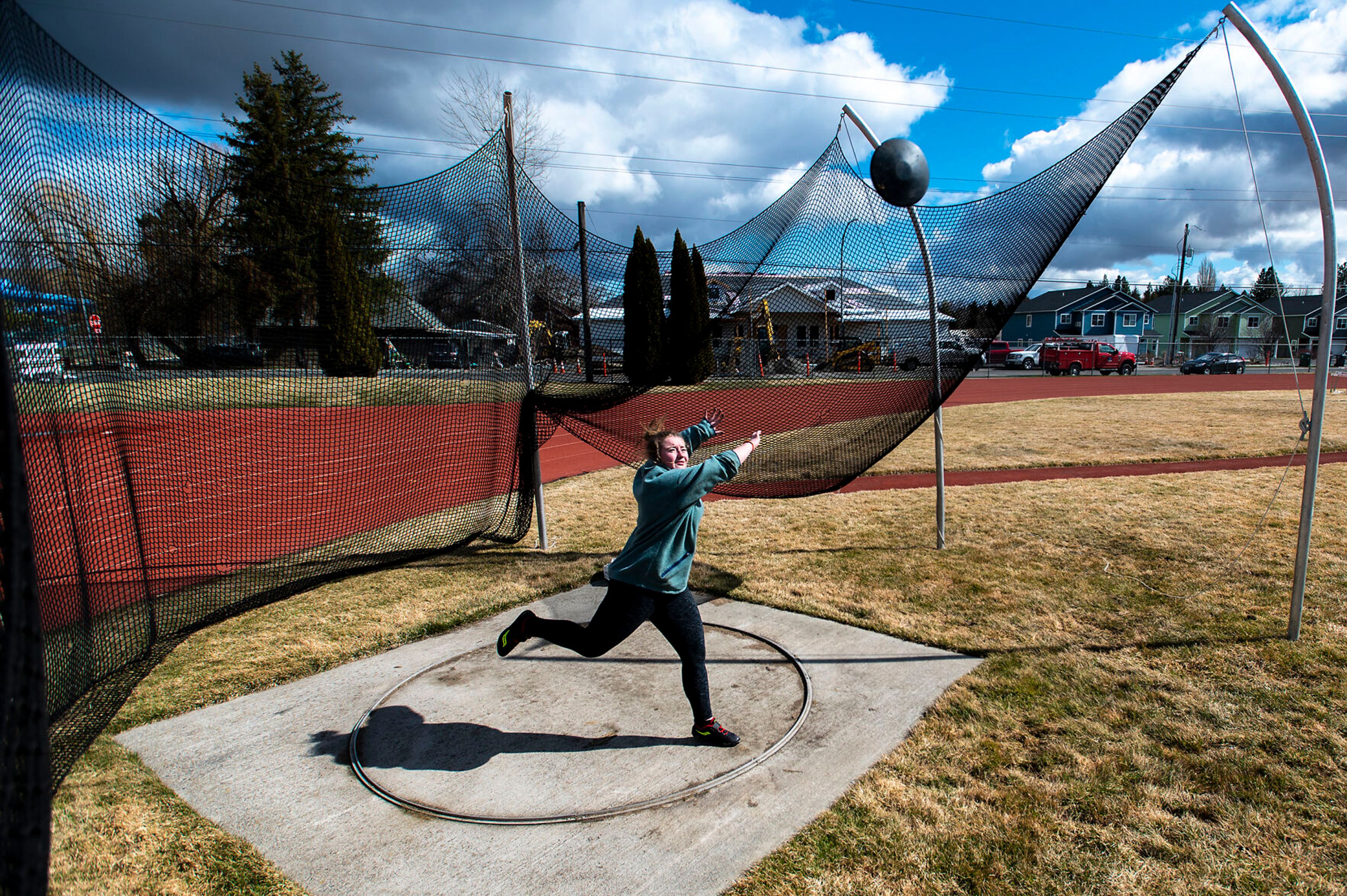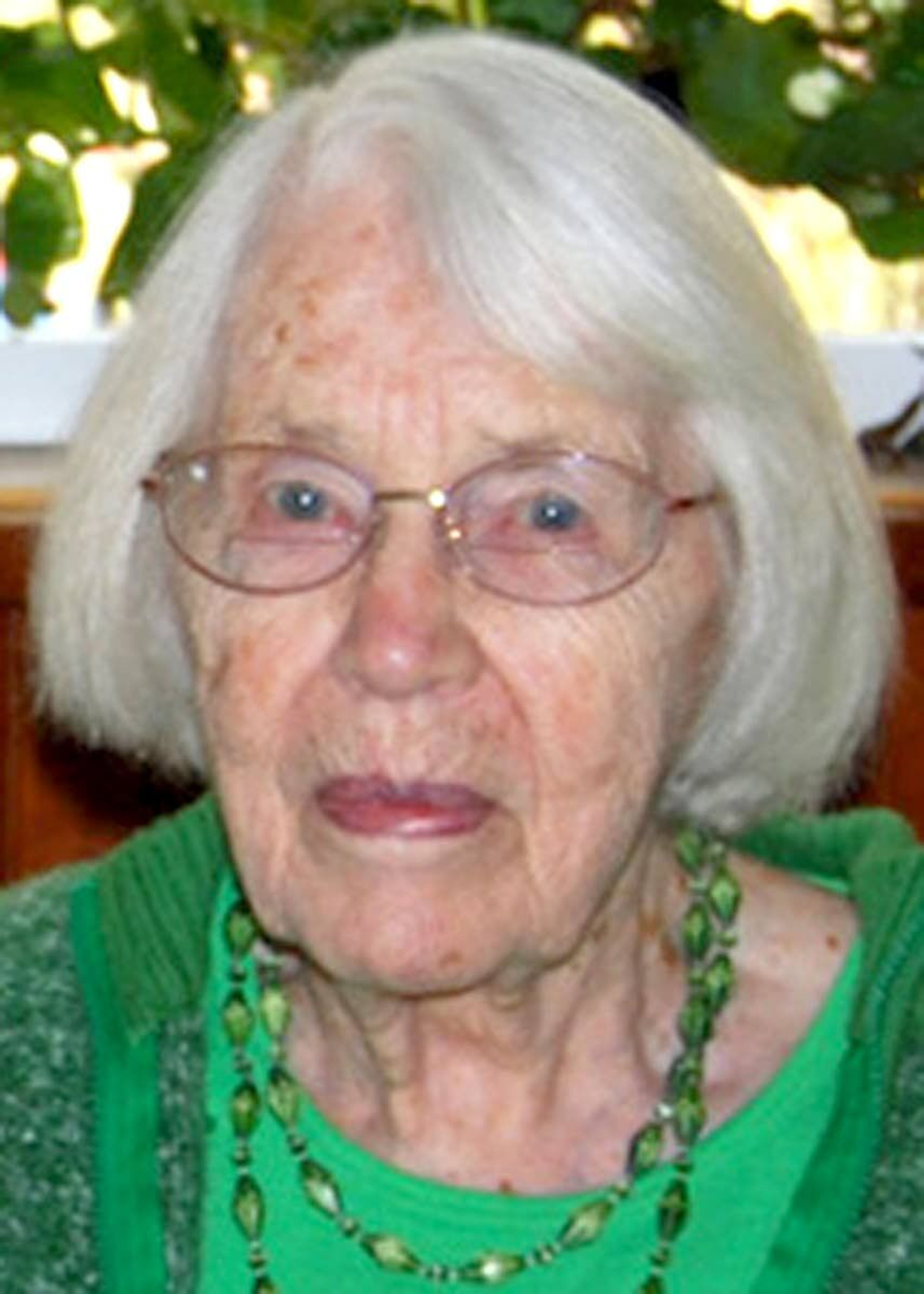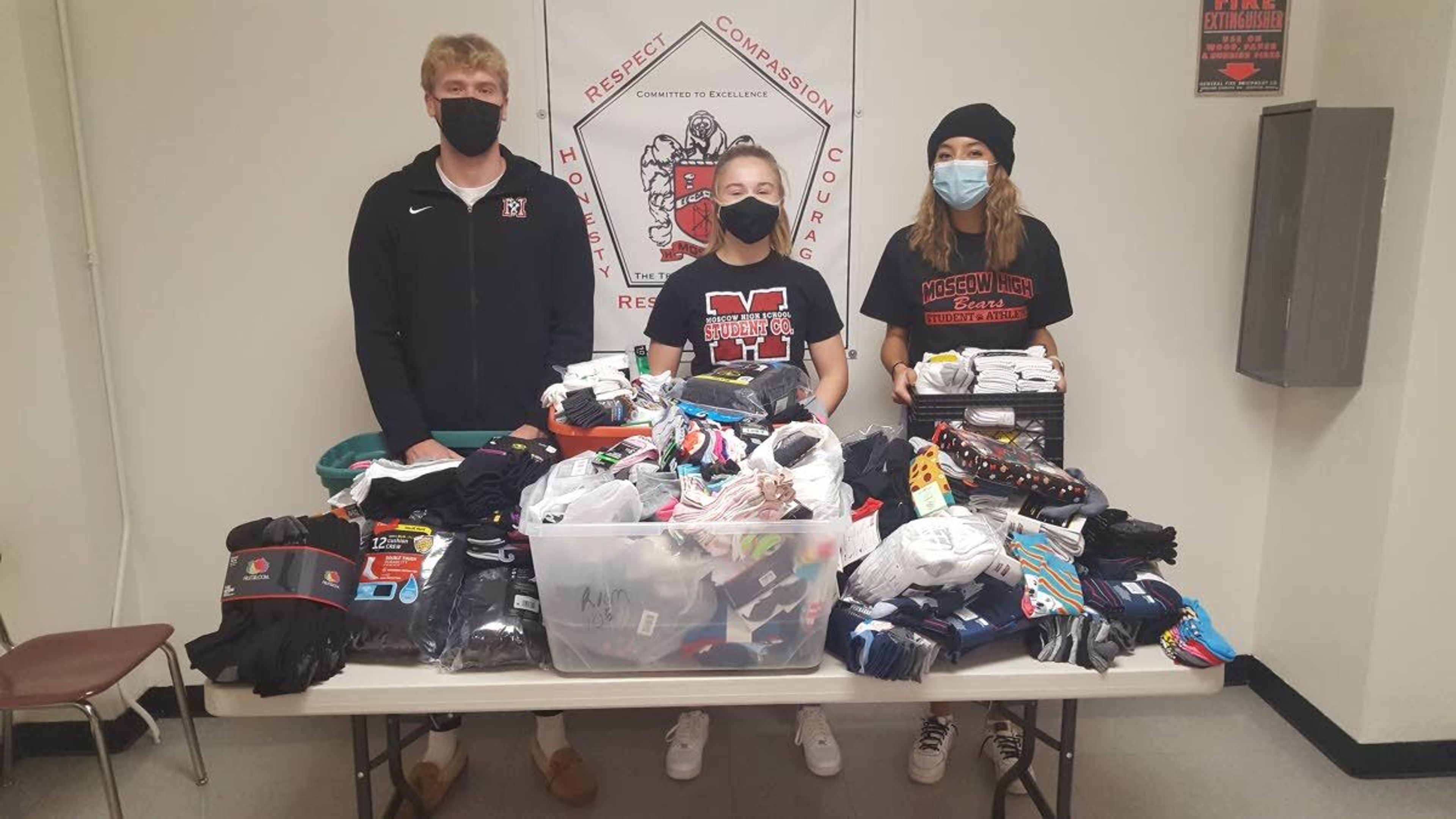Saving the future, one issue at a time
Students of Future Problem Solvers compete
Students of Moscow Middle School and Moscow High School spent their Saturday at the school, working in groups to solve the future of the world's transportation issues. The groups are part of the Future Problem Solving Program, representing the only secondary school team in the state of Idaho.
FPSP is an international program in which students of all ages around the world work together to think critically about real-world problems with creative and feasible solutions. Throughout the school year each chapter solves two practice problems, a qualifying problem for state and a problem for the state competition before moving on to the international competition with a surprise topic.
This year the students have addressed social isolation, desertification, surveillance society and land transportation. The club also studied water issues in the area at the first annual Youth Water Summit alongside other high schools in the area and University of Idaho students.
"It gets the students writing clearly and thinking clearly," said high school coach Gretchen Wissner, who has been coaching the FPSP team since the 1980s. "They must be creative and use critical thinking for constructive problem solving."
Because of the lack of competition around the state, the students faced off against each other Saturday, looking at ways to improve infrastructure to accommodate the use of public transportation and cycling around the world. There were three teams competing from the middle school, seven from the high school and three competing as individuals.
An overview of the state topic classified transportation in three ways: vehicles, infrastructure and operations. The students were given a hypothetical future scene about a citizen facing problems in an overcrowded, inefficient transportation system and were asked to evaluate the different options within the city to provide realistic solutions that could be implemented.
Students are given two hours to follow a six-step problem solving model. They first must identify 16 challenges they see in the future scene and select one underlying problem. They then have to produce 16 solution ideas that directly relate to the underlying problem. They evaluate each of the ideas, apply the given criteria and develop an action plan.
The second part of the competition allows the groups to take their action plan and turn it into a skit to share with each of the groups and a panel of judges, all of whom are alumni of Future Problem Solvers.
Wissner, along with middle school coach Ryan Goodson, grades the students for their written portion. They are looking for fluency and focus in a group's writing, relevancy to the topic, effectiveness, impact and humaneness of their solution and strength in their creativity and futuristic thinking skills.
"It gets you thinking about what could really happen in the future," said freshman Maggie Harty. "The problem could realistically happen in the future, and we could potentially end up being the people who help solve these issues."
Harty said being a part of FPSP can help students be more prepared for problems that could occur down the road. She said the guidelines and expectations for the writing portion of the competition have helped her to format and work through the writing process more effectively.
One group of freshmen girls approached the problem by working to increase productivity of the commute. Their solution was to reduce the distance people commute to work or to the grocery store. They would provide everything a person might need in one building, eliminating the need to commute long distances.
Another group of 10th graders thought by improving roads and pathways they could add more direct lines throughout the city which would cut down the time people spent commuting. And, thinking in the future, they believed they could use different types of methods such as hoverboards, elevated roads and flying cars to help make transportation more efficient.
Wissner said because of the cost of traveling to the international competition at Iowa State University this June, student will not be competing in the international competition this year, but will have friendly competitions between each other while improving their skills along the way.
"The things we learn here we can use for the rest of our lives," said freshman Grace Shook.
Sunny Browning can be reached at (208) 883-4639, or by email to sbrowning@dnews.com.
